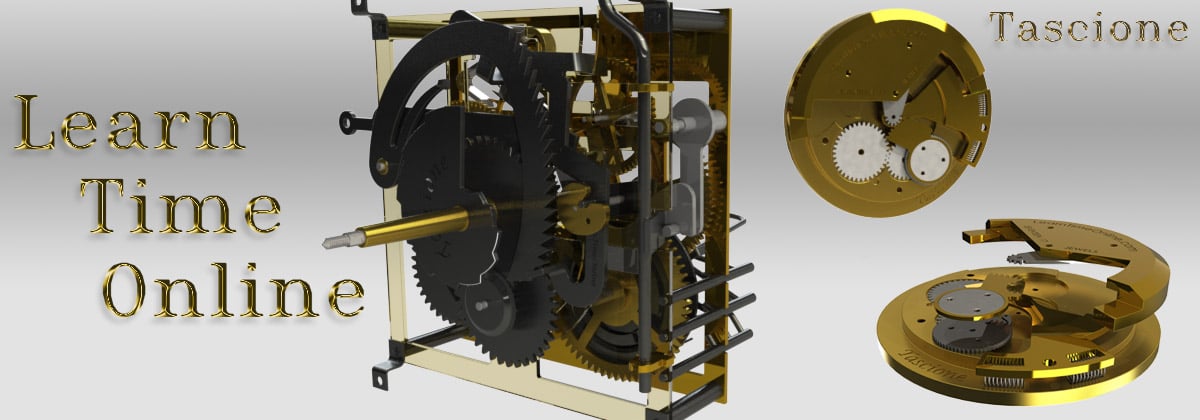Home › Forums › General Discussion Forum › Electric clock movement
- This topic is empty.
-
AuthorPosts
-
August 14, 2015 at 8:03 am #49645
He guys, had a customer bring in his dads Seth Thomas electric clock. I do not usually take these in but he is a good customer and I told him I would look into it. There is some significant wear in the bushings, the motor is fried but I have found another one to replace it with and the movement is full of grease.
My main question is this, are these supposed to be filled with grease, there is grease on everything, wheels, pinions, rack and snail assembly ect….Thank you for your input. William



-
This topic was modified 2 years ago by
Tamas Richard.
August 14, 2015 at 11:51 am #63083No William there is no need for grease at all. I have did a few of those and just treat them as a usual clock. Bush, clean and oil. They run pretty well. There are two mainsprings inside the plates that run the chime and strike. The springs are wound as the clock runs and the mainsprings slip inside the barrels when they are wound all the way. I find most haven’t been cleaned and oiled in many, many years so at minimum I have found they need 4 bushings up to 9 bushings. Also if you are like me when you take it down for cleaning you are going to find (don’t know the exact number) but a couple or more pivots shorter than all the rest. From what I have gathered by reading and what I have been told this is normal and I have seen those short pivots on everyone I have worked.
August 15, 2015 at 4:11 am #63084If it is a synchronous motor i put a tiny amount of oil on the shaft when I reassemble the motor but if you found a new one that should already be done- Tukat
August 15, 2015 at 8:02 am #63085Hey Bernie, thank you, That’s what I was thinking with the grease…..a interesting movement though, excited to dig into it. I do see several spots that need bushings.
Tukat, the wires are loose inside of the motor (one actually came out) I was not able to determine where the wires would be soldered in place. So as an experiment, I had a old beat up motor exactly like it (not a synchronous motor but similar) and tore it down just to see if there are things that can be done to clean/rebuild them. What I found out is yes….you can….but only so far (at least with my abilities). By removing the cap and the pinion on the other side you can remove/clean and oil the shaft that you are talking about where you put oil (this is on this motor). The synchronous motors are a bit different, somewhere I had found a process about how to go about refurbishing those but I cannot seem to remember where it is. Well, better run, have a great day, William
June 4, 2017 at 8:05 pm #63086what kind of oil do you use in the clock motor, I have a sessions I’m working on and the motor works just not consistant. it seems to have a lot of play in and out. I was going to oil it up but I wasn’t sure if I should set a brass washer between the pinion and bushing or just set the pinion down enough so its not so sloppy.
June 5, 2017 at 5:43 am #63087there should be a little slop, watch the motor when you plug it in, it moves a little, you do not want it tight. For oil I use a tiny drop of synthetic motor oil but I will take the pinion off and clean the shaft and bushing areas. Be careful not to bend anything or break the pinion. It also depends on what type of motor you have, a picture would help. I have several different ways of rebuilding certain types of electric motors, some rather involved, though I am no expert on these I have had good success.
June 6, 2017 at 12:53 pm #63088hope these pictures help. I just need to know what oil to use, or grease. and should I have a thin washer bushing between the pinion gear and the motor bushing of just
set the pinion to allow for play.
also its off a sessions clock


-
This reply was modified 2 years ago by
Tamas Richard.
-
This topic was modified 2 years ago by
-
AuthorPosts
- You must be logged in to reply to this topic.
